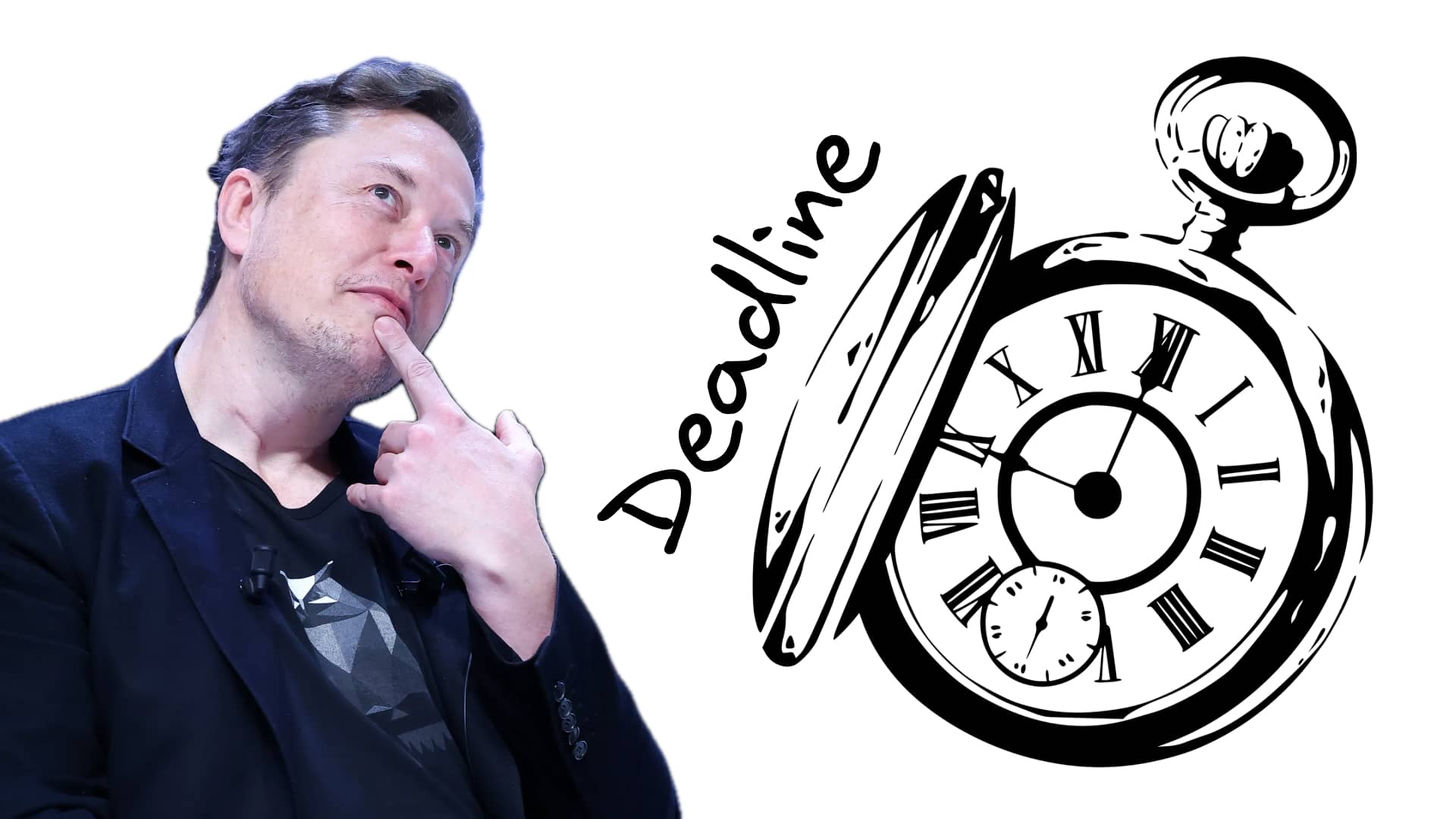6 Lessons Learned from Relying on Deadlines in Project Management

Deadlines are important. They focus us. They bring a team together.
In fact, reaching deadlines with your team is one of the best experiences. There’s nothing quite like the rush of adrenaline and sense of accomplishment when you all pull together and make it happen.
My name is Till Carlos, and I’m a technical product manager. On this channel, I document how my software teams get more effective. And today we’re diving deep into the topic of conviction.
And by the end of this post, I’ll share a system that PMs can use to increase belief in deadlines. Because let’s face it, without conviction, even the most well-planned projects can fall apart.
Now, deadlines should be tough. And usually, they are. That’s what makes them effective – they push us out of our comfort zones and force us to level up.
Over my 15+ years of experience, I’ve seen many deadlines met. And, to be honest, I’ve seen many missed as well. It’s been a rollercoaster of lessons learned.
Often, the deciding factor was belief. Not just surface-level optimism, but deep-seated conviction. These are my hard-earned learnings about believing in deadlines.
1. A little doubt brings the downfall
I once had a project missing a deadline by a mile. It was painful, and I’ll tell you the full story in a bit. This experience made me think of a quote that’s stuck with me ever since.
It’s from the movie “Ronin” (1998). Picture this: there are gangsters in a car, waiting for a high-stakes deal to go down. The tension is palpable. Something feels “off”. The character played by Robert De Niro, with all his street-smart wisdom, says this:
“Whenever there is any doubt, there is no doubt.”
It’s eerily similar with deadlines in the tech world.
Unless you and your team are 100% certain that you will hit them, chances are, you won’t. That tiny seed of doubt can grow into a forest of problems if left unchecked.
2. Delegating conviction: it doesn’t work.
Let me take you back to a big project from my old agency days. It’s a cautionary tale that taught me a lot:
- We had a deadline 12 months out. Sounds like plenty of time, right? Wrong.
- There was a massive gap between the devs and the product manager. They were speaking different languages, metaphorically.
- UX was done late in the game, throwing a wrench in our plans.
- We tried to run an agile project with a hard deadline. Spoiler alert: it’s like mixing oil and water.
- There were lots of uncertain parts (microservices we had to attach to) that we didn’t fully understand.
Here’s where it went south: The PM, feeling overwhelmed, outsourced the conviction to the lead dev. “You’ve got this, right?” Wrong move. The deadline was missed, and we all learned a harsh lesson.
3. Conviction by quick wins
Here’s another story from the trenches. I once gave a mid-level dev the task to learn another stack. Exciting opportunity, right? Then I went on vacation and didn’t check in.
Yes, you’re right. Not my brightest moment.
After I came back from vacation, sun-tanned and relaxed, I found that nothing had gotten done. Zero. Zilch. Nada.
Later, my chief of staff pulled me aside and dropped a truth bomb: the dev didn’t even believe they could do it. The task seemed so monumental that they were paralyzed.
We solved it by letting the dev base their work on a framework they already knew. Suddenly, those quick wins started rolling in, and their confidence skyrocketed.
4. Science proves it
Here’s where we get a bit academic, but stay with me – it’s fascinating stuff:
“People’s beliefs about their abilities have a profound effect on those abilities.”
This isn’t just feel-good mumbo-jumbo. It’s from Albert Bandura’s groundbreaking studies. They show that individuals who believe they can achieve a task are more likely to engage in behaviors that lead to success (Bandura, A., 1977).
But wait, there’s more. Carol Dweck’s research at Stanford University on growth mindset is equally mind-blowing. She found that “believing in the potential for improvement leads to greater achievement.”
In other words, if your team believes they can hit that deadline, they’re already halfway there.
5. First principles can serve as conviction
Let’s get philosophical for a moment. First principles thinking, popularized by Elon Musk (love him or hate him), can be a powerful tool in building conviction.
First principles help us grasp the core of a concept, stripping away assumptions and getting to the heart of what’s possible.
Here’s an example: if something can be done physically, then it’s probably possible in reality, if we add a bit of padding for unexpected hiccups.
This kind of thinking can be a game-changer when facing tough deadlines. It allows us to break down seemingly impossible tasks into their fundamental components.
6. PMs can increase conviction through a couple of tools
Now, let’s get practical. As a PM, you’re not powerless in the face of dwindling conviction. Here are some tools I’ve used to turn the tide:
- Give resources: Sometimes, all it takes is that extra pair of hands or that software license to make the impossible possible.
- Personal time: Be available. Your presence and support can work wonders for team morale.
- Work alongside the devs: Roll up your sleeves and get in the trenches. It shows you’re invested and helps you understand the challenges firsthand.
- Say no to outside requests: Be the shield your team needs. Protect their focus like a mama bear protects her cubs.
Remember, as a PM, you’re not just managing a project – you’re cultivating belief. And with the right approach, you can turn even the most daunting deadline into a triumph.
So, next time you’re staring down a seemingly impossible deadline, remember these lessons. Build that conviction, nurture it in your team, and watch as mountains become molehills.
What’s your experience with tough deadlines? Have you found other ways to build conviction in your team? Drop a comment below – I’d love to hear your stories and insights!
